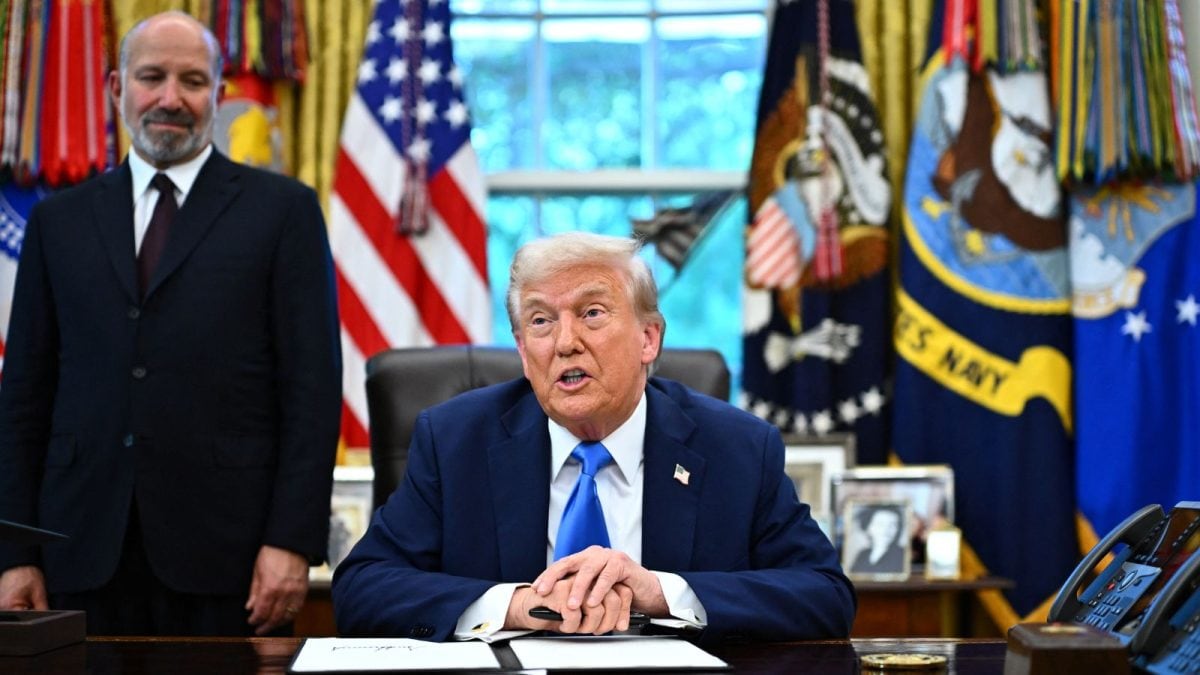Last Updated:October 24, 2025, 12:28 IST
Sources reveal vast stretches along the Durand Line — particularly in the tribal belt adjoining Khyber, Kurram, North and South Waziristan, and Bajaur — have become no-go areas.

Pakistan has seen a significant spike in militant attacks throughout 2025, particularly in Khyber Pakhtunkhwa and Balochistan. (AFP)
Pakistan is fast losing its writ in several tribal districts of Khyber Pakhtunkhwa (KPK), where the Tehrik-e-Taliban Pakistan (TTP) and allied militant groups are consolidating their hold, top intelligence sources have told CNN-News18. Sources reveal that vast stretches along the Durand Line — particularly in the tribal belt adjoining Khyber, Kurram, North and South Waziristan, and Bajaur — have effectively become no-go areas for the Pakistan Army.
According to top intelligence sources, TTP fighters have now established visible checkpoints across multiple routes in KPK’s tribal districts. These include the main Peshawar–Khyber Road, the Hangu–Kurram corridor, the Bannu–Dera Ismail Khan routes leading toward Waziristan, and parts of Bajaur. Locals, sources say, have reported that militants are openly checking vehicles, verifying identification cards, and collecting funds for “jihad." In some places, TTP’s own media wing has released visuals showing their fighters manning these posts — an open assertion of control that intelligence agencies term “a symbolic and operational challenge to state authority."
Top intelligence sources further warn that the TTP has gradually shifted its operational depth from traditional rural strongholds in the tribal belt to the urban peripheries of Peshawar. The group is now entrenched in Badaber, Mattani, and Bara Road corridors — areas previously under the jurisdiction of the Frontier Corps and police. The sources describe these zones as “semi-permanent logistical and extortion bases," enabling militants to fund operations, move recruits, and store weapons close to the provincial capital.
This creeping encroachment, according to intelligence sources, represents a major breach in Pakistan’s urban security grid. The vacuum created by the withdrawal of police outposts in the Khyber–Mohmand belt has allowed the TTP to set up shadow administrative structures, echoing the Taliban’s strategy in Afghanistan before the 2021 Kabul takeover. “The pattern is almost identical — slow rural control followed by infiltration into urban arteries," one senior intelligence source explained.
Reports accessed by top intelligence agencies also indicate that Pakistani troops are reluctant to operate inside densely populated tribal settlements due to high casualty rates and local tribal sympathy for the TTP. Many Punjabi-origin soldiers have reportedly resisted deployment in the volatile zones, forcing the Army to rely more on defensive containment rather than full-scale neutralisation.
Sources say that the current situation in KPK marks one of the gravest internal security challenges for Pakistan in recent years. With militants openly dancing on highways, distributing pamphlets, and collecting funds in broad daylight, the line between insurgency and state control has blurred — a warning, sources say, of Pakistan’s diminishing writ in its own northwestern frontier.
Group Editor, Investigations & Security Affairs, Network18
Group Editor, Investigations & Security Affairs, Network18
First Published:
October 24, 2025, 12:28 IST
News world Khyber Pakhtunkhwa Turning Into No-Go Zone For Pakistan Army As TTP Expands Control | Exclusive
Disclaimer: Comments reflect users’ views, not News18’s. Please keep discussions respectful and constructive. Abusive, defamatory, or illegal comments will be removed. News18 may disable any comment at its discretion. By posting, you agree to our Terms of Use and Privacy Policy.
Read More

 6 hours ago
6 hours ago



















